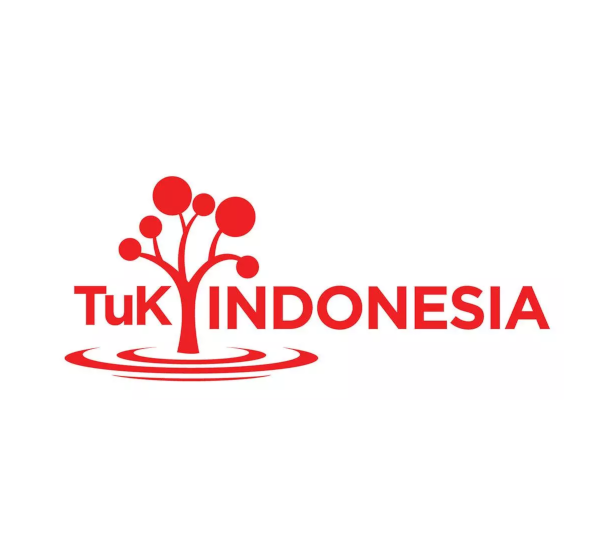3 February 2025 5 menit
Indonesia-Malaysia Palm Oil Partnership: Investment, Exploitation, or Human Rights Abuse?
PRESS RELEASE


Jakarta, February 3, 2025 – The first 100 days of President Prabowo Subianto’s administration have been marked by policies emphasizing food and energy security as top priorities. One of the major initiatives being promoted is the expansion of 20 million hectares of oil palm plantations to support food and energy self-sufficiency. Despite this, such a policy risks exacerbating social and environmental crises rather than mitigate them, if not alleviate them. Far from being a solution, this palm oil expansion initiative risks accelerating deforestation, worsening agrarian conflicts, and endangering the rights of workers and Indigenous communities.
Criticism of this policy has intensified following President Prabowo’s meeting with Malaysian Prime Minister Anwar Ibrahim on January 27, 2025, which focused on economic cooperation, including in the palm oil sector. TuK INDONESIA and the Transnational Palm Oil Labour Solidarity (TPOLS) observe that while both countries highlight investments in the economy, energy, and defense, little attention is given to the environmental and social impacts. The palm oil industry has long been a symbol of economic expansion at the cost of environmental destruction and human rights violations, and this cooperation risks further aggravating these issues.
The governments of Indonesia and Malaysia must recognize that without strict oversight, palm oil expansion will accelerate deforestation and biodiversity loss. The Banking on Biodiversity Collapse 2024 report by Forests & Finance reveals that more than 50 major global banks continue to finance high-risk projects in tropical forests, particularly in Indonesia and Malaysia—the world’s two largest palm oil producers. The report notes that between 2016 and June 2024, a total of USD 89.17 billion (IDR 1,289.59 trillion) in credit was allocated to high-risk projects linked to deforestation, land conversion, and violations of Indigenous rights.
While the palm oil sector holds significant economic potential, it is also a major driver of tropical forest loss, land grabbing from Indigenous communities, and human rights abuses. In this context, the European Union Deforestation Regulation (EUDR) serves as a crucial reminder that products linked to deforestation will not be accepted in the European market unless they meet strict sustainability standards. The Banking on Biodiversity Collapse report also indicates that around 30% of the financing contributing to tropical forest destruction comes from financial institutions operating in Southeast Asia, including Malaysia and Indonesia, which are directly linked to palm oil industry expansion.
Linda Rosalina, Executive Director of TuK INDONESIA, stated that Indonesia-Malaysia economic cooperation under Prabowo’s administration must elevate Indonesia’s strategic interests. Before Prabowo’s presidency, Malaysia’s investments in Indonesia’s palm oil sector—including bonds and shares—amounted to IDR 49 trillion as of June 2024, equivalent to 30% of total palm oil investments in Indonesia. Malaysian investors Permodalan Nasional Bhd and the Employees Provident Fund are the largest investors, with respective investments of IDR 23.24 trillion and IDR 15.23 trillion. Linda added, “The Indonesian and Malaysian governments cannot continue to ignore the severe impacts of palm oil expansion on both the environment and communities. They must take responsibility to ensure that the industry not only meets global market standards, such as the EUDR, but also prioritizes the well-being of small farmers and the protection of Indigenous rights. Without clear oversight and sustainability-focused policies, this cooperation will only worsen the ongoing crisis.”
On the other hand, the reality faced by Indonesian migrant workers in Malaysian palm oil plantations highlights the vulnerabilities they endure. Many work under exploitative conditions, receiving low wages, working long hours, and facing high occupational hazards. Additionally, their undocumented status often makes them even more vulnerable to exploitation, harassment, and forced deportation.
Rizal Assalam, Coordinator of the TPOLS network, added, “This palm oil expansion will only escalate agrarian conflicts and exacerbate tensions between workers and local communities. Currently, land conflicts in Seruyan, which have resulted in criminalization and shootings, as well as disputes pursued by the Forum Petani Plasma Buol, remain unresolved. Palm oil expansion has never truly provided prosperity for low-wage workers or communities that lose their land. The current administration should abandon the plan to expand 20 million hectares and instead align with global policy shifts such as the EUDR.”
In this context, Indonesian migrant workers in Malaysia’s palm oil plantations not only face labor exploitation but are also trapped in an economic system that offers them no way out of structural poverty. Meanwhile, the continued push for palm oil expansion by the Indonesian government risks further worsening these conditions—affecting migrant workers, local communities, and ecosystems increasingly threatened by land grabbing.
We urge both governments not to limit their commitments to political rhetoric but to genuinely implement policies that ensure sustainable palm oil production and equitable food security. Strict monitoring of deforestation, transparent due diligence systems, and protection of social and environmental rights must be top priorities. If these aspects are ignored, Prabowo’s food and energy security policies and Indonesia-Malaysia cooperation will only deepen social inequalities, accelerate environmental destruction, and worsen the existing crises.
For more information, contact:
TuK INDONESIA: Annisa (087884446640 / [email protected])
TPOLS: Rizal Assalam (081385737320 / [email protected])
This post is also available in: Indonesian
